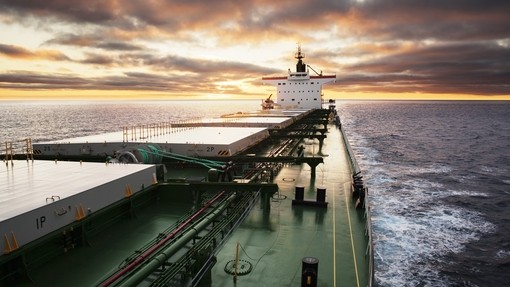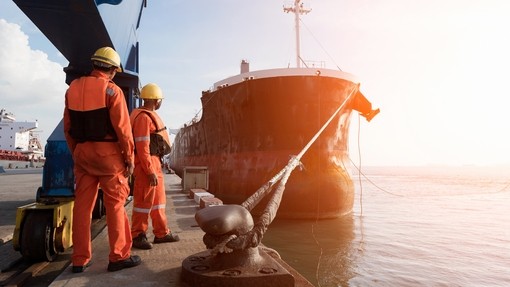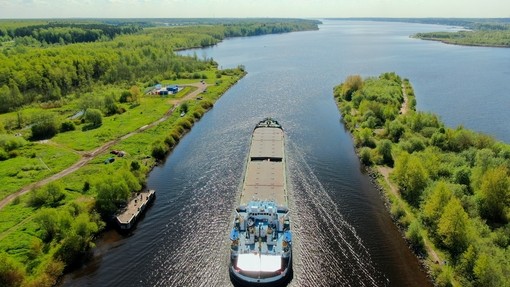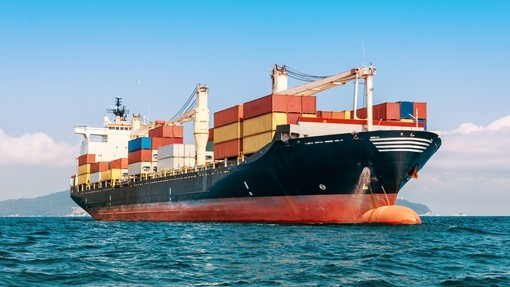Part two: New monitoring and reporting obligations for emissions – are you EU MRV ready?
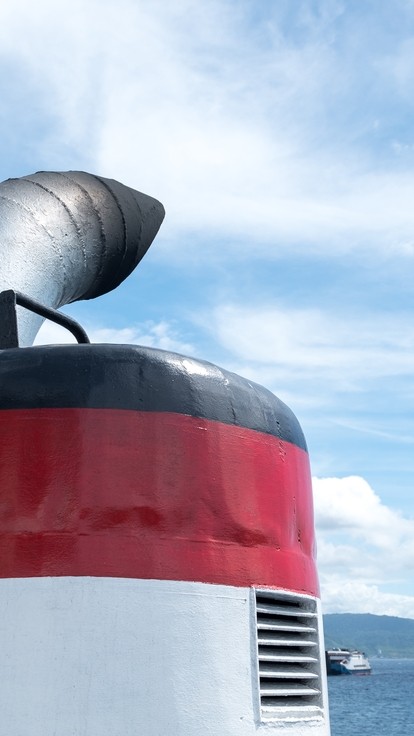
Details
Part two of this article on the Regulation looks in more detail at the obligations of monitoring, reporting and verification under the Regulation and also summarises the relevant UK legislation.
Monitoring
From 1 January 2018 MRV companies are to commence the monitoring of the carbon dioxide emissions and other relevant information for each ship on a per-voyage and annual basis.
The following parameters are to be reported for each ship on a per-voyage basis:
- port of departure and port of arrival (including date and hour of departure and arrival)
- amount and emission factor for each type of fuel consumption in total
- carbon dioxide emitted
- distance travelled
- time spent at sea
- cargo carried and
- transport work
There is an exemption from the obligation to monitor a ship on a per-voyage basis provided that: (i) all of the ship’s voyages during the reporting period are voyages within the EU territory; and (ii) according to its schedule the ship performs more than 300 voyages during that period.
As part of the monitoring plan, the MRV company is to document the choice of method to be used to calculate fuel consumption for each vessel under its responsibility and that it is consistently applied. There are four available methods (and any combination of these can be used if it enhances the measurements’ overall accuracy) prescribed under annex I of the Regulation.
As for the annual requirements, the following parameters are to be monitored for each ship for each calendar year:
- amount and emission factor for each type of fuel consumed in total
- total aggregated carbon dioxide emitted within the scope of the Regulation
- aggregated carbon dioxide emissions from all voyages between ports within the EU territory
- aggregated carbon dioxide emissions from all voyages which departed from ports under a member state’s jurisdiction
- aggregated carbon dioxide emissions from all voyages to ports under a member state’s jurisdiction
- carbon dioxide emissions which occurred within ports under a member state’s jurisdiction at berth
- total distance travelled
- total time spent at sea
- total transport work and
- average energy efficiency
Reporting
From 2019 onwards and by 30 April of each year, MRV companies are to submit to the European Commission and the flag state authorities, an emissions report concerning carbon dioxide and other relevant information for the relevant reporting period for each ship under the company’s responsibility. The following information is to be included in the emissions report:
- data identifying the ship and the company
- the identity of the verifier that assessed the emissions report
- information on the monitoring method used and
- the results from annual monitoring
The report will have to be submitted to an accredited verifier and verified as satisfactory.
Verification
Verification by accredited verifiers is to ensure that the monitoring plans and emissions reports are accurate and compliant. These are to be independent from the MRV company or from the operator of the vessel.
Verifiers are to assess the conformity of monitoring plans and emissions reports with the parameters set out in the Regulation. If the emissions report is free from material misstatements, the verifier is to issue a verification report stating that the emissions report has been deemed satisfactory. In case of misstatements or non-conformities the verifier is to notify the MRV company, so that the report is rectified.
Provided that the emissions report satisfies the Regulation requirements, the verifier is to issue a document of compliance for the ship concerned, on the basis of the verification report. From 30 June 2019 onwards, ships having carried out activities falling under the Regulation during the previous calendar year and visiting ports within the EU territory, are to have on board a valid document of compliance relating to the relevant reporting period.
There are penalties for non-compliance, including the issuing of an expulsion order by the competent authority of the member state of the port, in circumstances where a ship has failed to comply with the monitoring and reporting requirements for two or more consecutive reporting periods and other enforcement measures have failed.
UK legislation
In the UK the Regulation has been implemented via the Merchant Shipping (Monitoring, Reporting and Verification of Carbon Dioxide Emissions) and the Port State Control (Amendment) Regulations 2017 (the ‘Regulations’) which came into force on 1 October 2017.
According to the Regulations a ship may not enter or leave a port in the UK unless it has a valid document of compliance. The latter must be carried on board the ship and produced on demand.
There can be severe consequences for failure to comply with the Regulations:
A company will be guilty of an offence when a ship enters or leaves a UK port without a valid document of compliance or the same is not carried on board and liable to an unlimited fine in England and Wales (and to a fine not exceeding the statutory maximum in Scotland or Northern Ireland).
A ship may be detained by service upon the master of a detention notice (stating the reasons for the detention and requiring compliance with the terms of the notice), if anyone attempts to navigate it without a valid document of compliance.
Where an expulsion order has been issued for a ship by another member state, the secretary of state must refuse that ship entry to any port in the United Kingdom, with some limited exceptions provided.
The Regulations also contain an arbitration mechanism in circumstances where a company alleges that a vessel was detained on a valid basis. There is also provision for compensation in respect of losses suffered were the arbitrator to find in the company’s favour.
International Maritime Organisation data collection system
It should also to be noted that the IMO has adopted a fuel oil consumption data collection system for international shipping which is to come into force on 1 March 2018, with the first reporting period commencing in the 2019 calendar year. Similar to the Regulation, it applies to vessels above 5000 gross tonnage for which there will be requirement to start collecting and reporting data relating to fuel consumption and transport work parameters. The IMO framework is going to be explored under a separate article in this series.
Read part one: New monitoring and reporting obligations for emissions – are you EU MRV ready?



